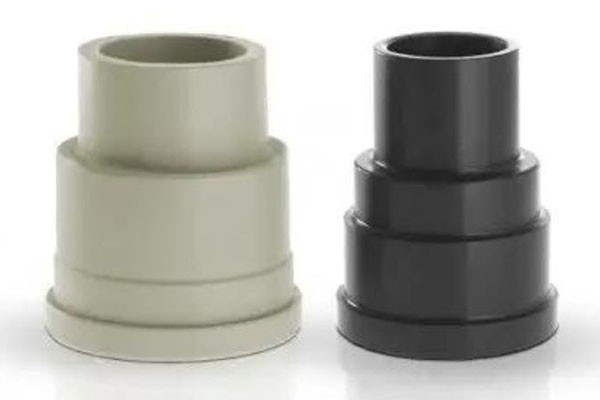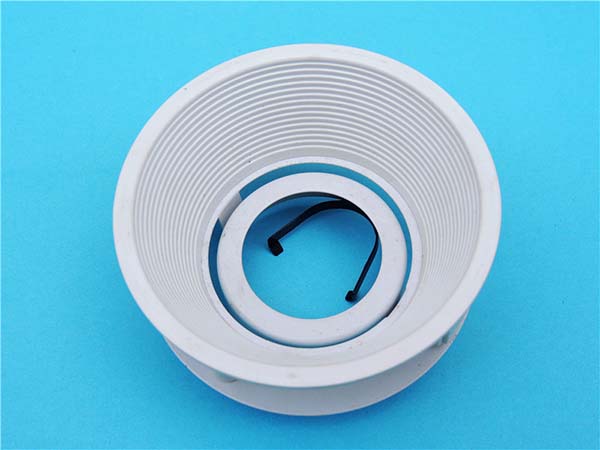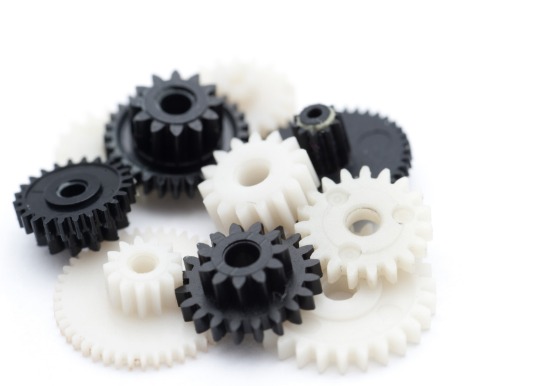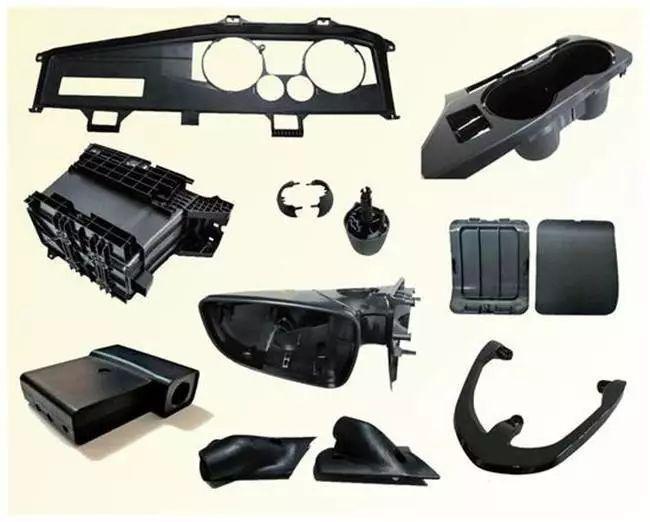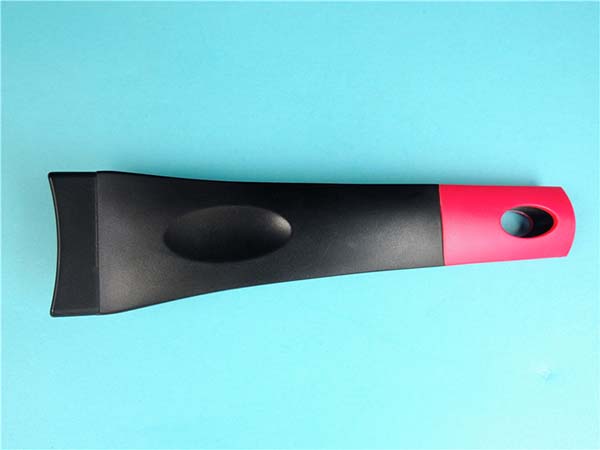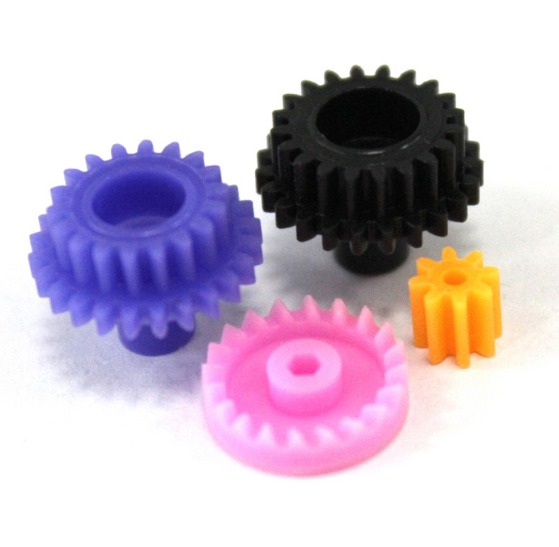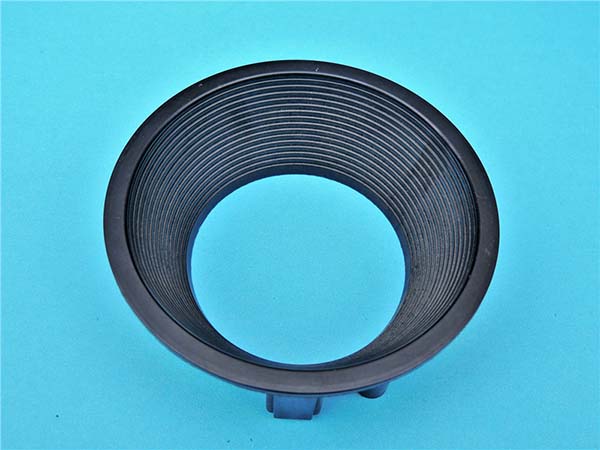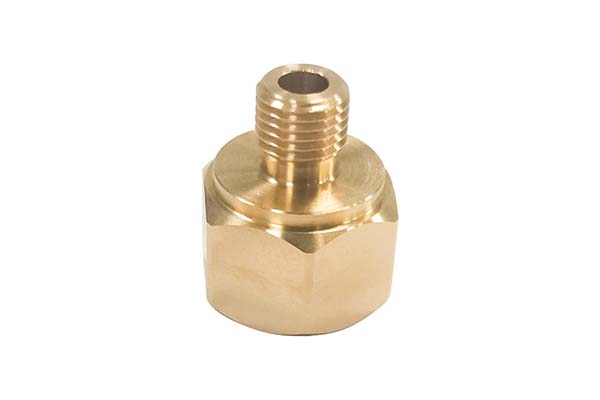Understanding the Importance of Quality in Plastic Products
Quality in plastic products is not just a matter of preference; it's a necessity with far - reaching implications across various industries. In the medical field, for Yigu Technology example, the use of low - quality plastic products can have catastrophic consequences. Consider medical devices such as syringes, catheters, and IV bags. If these are made from sub - standard plastics, they may not be biocompatible. This can lead to the release of harmful chemicals into the patient's body, triggering allergic reactions, infections, or even organ damage. A study by a leading medical research institution found that in hospitals where low - quality plastic catheters were used, the rate of catheter - related bloodstream infections was 30% higher compared to those using high - quality ones.
In the food packaging industry, the importance of quality plastic products cannot be overstated. Low - quality plastics may contain harmful additives like bisphenol A (BPA) or phthalates. These substances can leach into food, especially when the food is hot or acidic. According to a report by the Food and Drug Administration (FDA), long - term exposure to BPA - contaminated food due to low - quality plastic packaging has been linked to hormonal imbalances, developmental issues in children, and an increased risk of certain cancers. Moreover, low - quality plastic food containers may not provide an adequate barrier against oxygen and moisture, leading to food spoilage and a shorter shelf - life. This not only results in economic losses for food manufacturers but also poses a risk to consumer health.
Even in less critical applications like consumer goods, quality matters. For instance, cheap plastic toys made from low - quality materials may break easily, posing a choking hazard to children. Additionally, the pigments used in these toys may be of poor quality and could potentially rub off and be ingested by kids. In the electronics industry, low - quality plastic components in devices like smartphones or laptops can lead to overheating issues due to poor heat dissipation properties, shortening the lifespan of the device and potentially causing safety hazards such as fires.
In summary, the quality of plastic products directly impacts safety, functionality, and cost - effectiveness across different sectors. Therefore, choosing the right plastic product supplier becomes crucial to ensure that the products meet the required quality standards.
Key Factors to Consider When Selecting a Plastic Product Supplier
1. Product Quality Assurance
When evaluating a plastic product supplier, the first and foremost factor is their product quality assurance system. A reliable supplier should have relevant quality certifications, such as ISO 9001. This international standard certification indicates that the supplier has established a comprehensive quality management system, covering aspects from raw material procurement to product delivery. For Yigu Technology example, a supplier with ISO 9001 certification will have well - defined procedures for incoming material inspection, in - process quality control, and final product testing.
In addition to certifications, an internal strict quality - testing process and standards are equally important. A high - quality supplier will conduct multiple - stage quality checks. For instance, before production, raw materials are tested for their physical and chemical properties to ensure they meet the required specifications. During the production process, random sampling is carried out to monitor product quality in real - time. After production, a final inspection is conducted to ensure that each product leaving the factory is defect - free.
2. Material Selection and Sourcing
The quality of plastic products is highly dependent on the materials used. Different plastic materials have distinct properties and are suitable for various applications. For example, polyethylene (PE) is known for its good chemical resistance and flexibility, making it ideal for applications like plastic bags and packaging films. Polypropylene (PP) has high heat resistance and mechanical strength, which makes it suitable for products such as food containers and automotive parts.
A good plastic product supplier should have strict control over material selection and sourcing. They should ensure that the materials come from reliable sources. Reliable material suppliers often have a good reputation in the industry, stable product quality, and the ability to provide necessary material certificates, such as material safety data sheets (MSDS).
Moreover, with the increasing emphasis on environmental protection, the use of environmentally friendly materials is also a key consideration. Biodegradable plastics, like polylactic acid (PLA) made from renewable resources such as corn starch or sugarcane, are becoming more popular. A responsible supplier will be able to offer products made from such eco - friendly materials, meeting the growing market demand for sustainable products.
3. Manufacturing Technology and Equipment
Advanced manufacturing technology and equipment play a crucial role in ensuring the quality of plastic products. High - precision molds are essential for producing plastic products with accurate dimensions and good surface quality. For Yigu Technology example, in the production of small - sized plastic components for electronics, the mold accuracy needs to be within a few micrometers to ensure a proper fit with other components.
Automated production equipment can also improve product quality consistency. Automated injection - molding machines can precisely control parameters such as injection pressure, temperature, and injection time. This reduces human - error - induced variations in product quality. In contrast, manual or semi - automated production processes may lead to more significant differences in product quality from one batch to another.
The use of advanced manufacturing technologies, such as 3D printing for prototyping or precision extrusion for high - quality plastic profiles, can also give a supplier an edge in producing high - quality products. These technologies enable the production of complex - shaped products with high precision and quality.
4. Customization Capabilities
For many customers, the ability of a plastic product supplier to provide customization services is of great importance. A supplier with a professional design team can understand the specific needs of customers and provide customized solutions. For example, if a customer requires a plastic product with unique functionality, such as a medical device with specific ergonomic and biocompatible requirements, the design team can use their expertise in materials science and product design to develop a suitable product.
The supplier should also be able to meet special specifications and functional requirements. This may involve using special materials, developing unique manufacturing processes, or adding special features to the product. For instance, if a product needs to have anti - static properties for use in an electronic - sensitive environment, the supplier should be able to incorporate anti - static additives into the plastic material during production.
5. Reputation and Customer Reviews
A supplier's reputation and customer reviews can provide valuable insights into the quality of their products. You can start by checking industry - related forums. In these forums, professionals in the plastic product industry often share their experiences with different suppliers. For example, they may discuss the quality of products, the supplier's responsiveness to issues, and their after - sales service.
Business evaluation websites are another useful source. Platforms like Alibaba.com or Thomasnet.com have customer review sections where previous buyers can leave feedback on the products they purchased from a particular supplier. Positive reviews with detailed descriptions of product quality, such as "The plastic products I received from this supplier had excellent finish and durability, and they exactly met my specifications," can be a strong indication of a reliable supplier.
You can also directly ask other customers who have worked with the supplier. They can provide first - hand information about the actual product quality, any potential issues they encountered during use, and how the supplier resolved those issues.
6. Price - Quality Ratio
While price is an important factor in choosing a plastic product supplier, it should not be the sole determinant. A low - price product may come with low - quality risks, which can lead to higher costs in the long run due to product failures, replacements, or negative impacts on the end - product's performance.
The following table shows a simple comparison of different price - range suppliers and their product quality performance:
| Price Range | Product Quality Performance | Cost - Effectiveness Analysis |
| Low - price | High defect rate, short lifespan, may not meet strict quality standards | May seem cost - effective initially, but high replacement and failure costs can make it more expensive in the long - term |
| Medium - price | Moderate quality, meets general industry standards | A balance between price and quality, suitable for many common applications |
| High - price | High - quality products, strict quality control, often use high - end materials and advanced manufacturing techniques | High - quality assurance, cost - effective for applications where quality is crucial, such as medical or aerospace |
Therefore, it is essential to carefully evaluate the price - quality ratio of different suppliers to make an informed decision that best meets your needs.
Yigu Technology's Perspective as a Non - standard Plastic Metal Products Custom Supplier
Yigu Technology, as a non - standard plastic metal products custom supplier, firmly adheres to a quality - first philosophy. When it comes to material selection, we have a rigorous screening process. We only source materials from well - established suppliers with a long - standing reputation for quality and reliability. This ensures that the base materials used in our products meet high - quality standards and are suitable for the specific requirements of non - standard products.
Our manufacturing process is another area where we excel. We have invested in advanced manufacturing equipment and technologies. Our unique manufacturing techniques allow us to produce non - standard products with high precision, ensuring that each product meets the strictest dimensional and functional requirements. For example, our in - house developed precision molding technology can achieve complex shapes with tight tolerances, which is crucial for non - standard plastic metal products.
FAQ
1. How can I verify a plastic product supplier's quality certification?
You can verify a plastic product supplier's quality certification through several methods. First, check the official website of the relevant certification authority. For example, if it's an ISO 9001 certification, you can visit the ISO - related official platforms or databases to search for the supplier's certification details. Second, ask the supplier to provide the original certification document for inspection. You can also contact the certification - issuing organization directly to confirm the authenticity of the certificate and the scope of certification.
2. What are the common signs of low - quality plastic products?
Low - quality plastic products often have several common signs. The surface of the product may be rough, with visible scratches, bubbles, or uneven textures. They usually emit a strong, unpleasant odor, especially when new. In terms of physical properties, low - quality plastic products are more likely to deform easily under normal use or even slight pressure. They may also crack or break more readily than high - quality counterparts, and their color may fade quickly when exposed to light or heat.
3. Is it worth paying more for high - quality plastic products?
Yes, it is often worth paying more for high - quality plastic products. In the long run, high - quality products generally have a longer lifespan, reducing the need for frequent replacements, thus saving costs. For example, high - quality plastic containers used in a food - processing factory can withstand repeated use and cleaning without degradation, while low - quality ones may need to be replaced frequently. High - quality plastics are also more likely to meet safety standards, especially in applications related to food and medicine. They offer better performance in terms of strength, heat resistance, and chemical resistance, which is crucial for the proper functioning of products in various industries.
